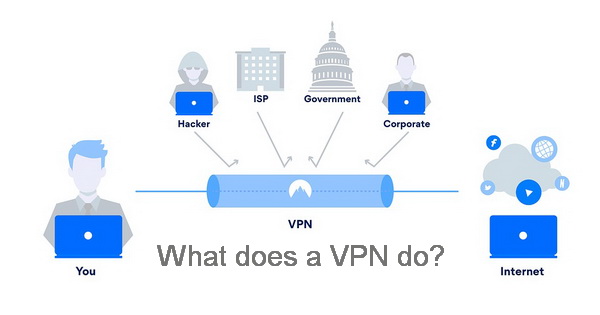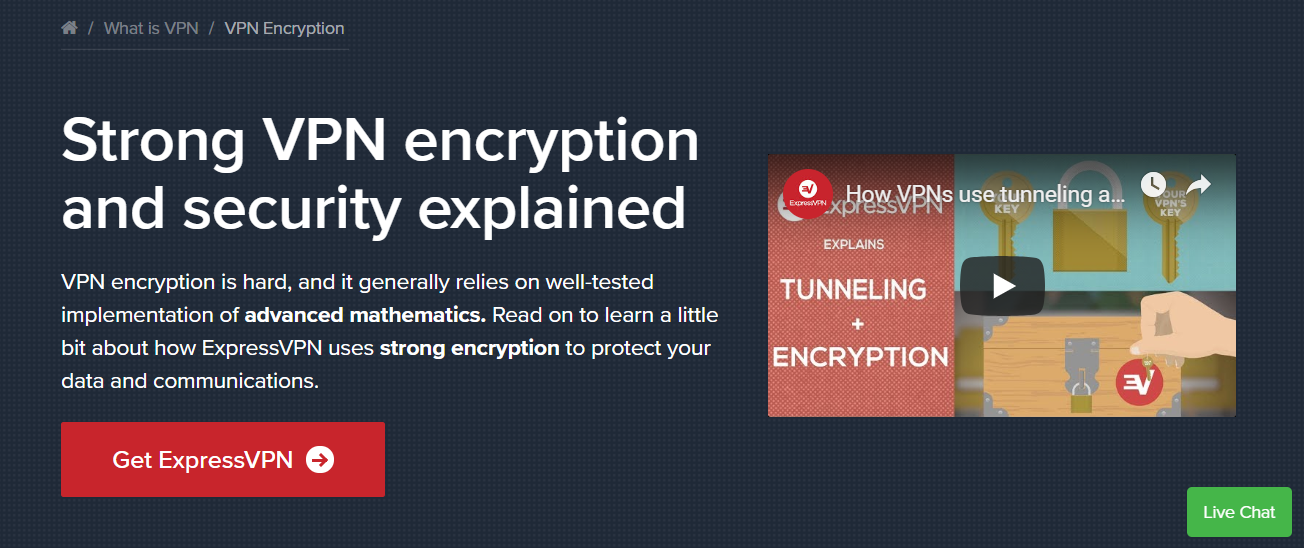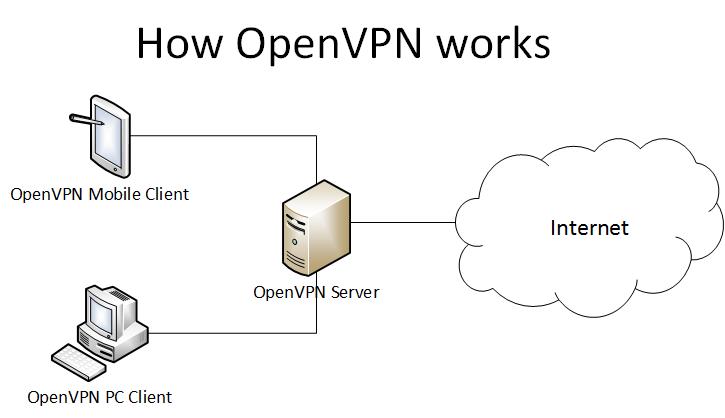
You might have heard the term VPN floating around the internet but what does a VPN do? We aim to answer that question right here by explaining exactly what it is and how it does it. By the time you get through this article, you will be an expert on what a VPN does, whether you want to use one for beating geo-restrictions, censorship or to remain anonymous. Of course, a VPN will also be super useful for gamers to gain access to restricted games. So, read on.
What Does VPN Stand For?
First, let us take a look at what VPN actually stands for. The full term is Virtual Private Network. The name actually gives clues as to what it stands for.

V P N stands for:
- Virtual = a virtual tunnel placed between your device and the internet;
- Private = offers privacy and anonymity online through the tunnel;
- Network = the encrypted tunnel provides access to a network of servers.
What Does a VPN Do?

You now know the answer to the question of what does Virtual Private Network stands for, so let’s move on to talk about what a VPN actually does in more detail.
When you want to browse the internet, stream, or do anything else online, you have to access it through your Internet Service Provider, aka ISP.
When you type in the name of the website you want to visit, the ISP picks up the request and they redirect you to the site. All traffic goes through the ISP servers and as such, they know everything you do, see and download while online.
Content may be geo-restricted or censored by ISPs. A Virtual Private Network can be used to get around this. For instance, if you want to watch sports online a VPN can give you access to foreign TV channels to watch F1.
Overcome censorship with ExpressVPN now >
A Virtual Private Network acts as a go-between, between your device and the internet. Requests and traffic are redirected through a virtual encrypted tunnel and as your IP address is masked, the ISP cannot spy on you.
Data sent through the tunnel is gibberish so it is impossible to read. Meaning you remain anonymous online even to the ISP.
How Does a VPN Work?
So, the answer to what does a VPN do is that it acts as a go-between, between your device and the World Wide Web. Now let’s take a closer look into how a VPN works.
You now know that with a Virtual Private Network in place your personal information is protected but how is the “encrypted tunnel” created?
How the virtual tunnel is created
The tunnel is created by authenticating the device you are using to connect to the internet with the server.
This happens when you use the app of the Virtual Private Network to connect to one of the servers. Once connected to a server an encryption protocol is applied to any data you send over the connection.

Any data you send through the server is split into packets. The packets are wrapped, similar to wrapping a gift so no one can see what is inside until they are unwrapped. This wrapping has the name of encapsulation.
The packets of data remain undercover until they reach their destination and are decrypted – think of them as being unwrapped.
Another benefit for security is your own IP address is masked and you take one from the server. This means the data you send is not sent over your own IP address so no one can trace it back to you.
In fact, you can take on an IP address from a server halfway around the world from where you are located and appear to be in that location.
Encryption protocols
While Virtual Private Network providers generally offer a range of protocols, two of the most used for encryption are OpenVPN and IKEv2/IPsec.

A Virtual Private Network cannot work without protocols and the most popular type of encryption used is OpenVPN. This protocol offers a balance between security and speed, both of which are essential when using this security tool.
IKEv2/IPsec is another popular option for encryption with numerous advantages. The main one being it can restore the connection if the internet drops. This encryption is popular for VPNs on smartphones.
In summary
So, now you have the answer to what does a VPN do. You also know what it stands for and you have a better understanding of how it works.
With a Virtual Private Network activated, you remain anonymous and secure. On top of that, you can overcome geo-restrictions and stream content from any country. If you want to stream restricted content, here are 5 of the best VPNs for Amazon Prime Video and Netflix.
Stream restricted content with ExpressVPN now >
All you have to do is choose a provider and we highly recommend ExpressVPN, NordVPN, or CyberGhost.

A professional writer with a Master’s degree in Mechanical Engineering. Since his youngest age, he loves everything related to internet, technology, fitness, games, and dogs! He joined our team in order to bring his deep knowledge in security services, among which VPN is of course a key component.





